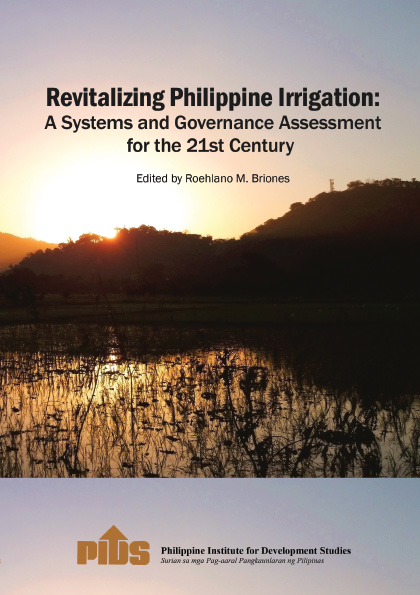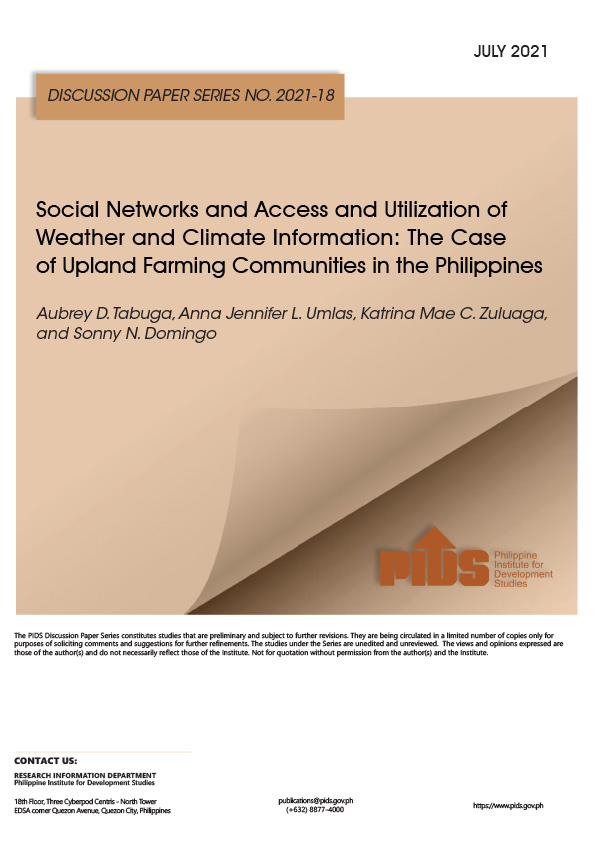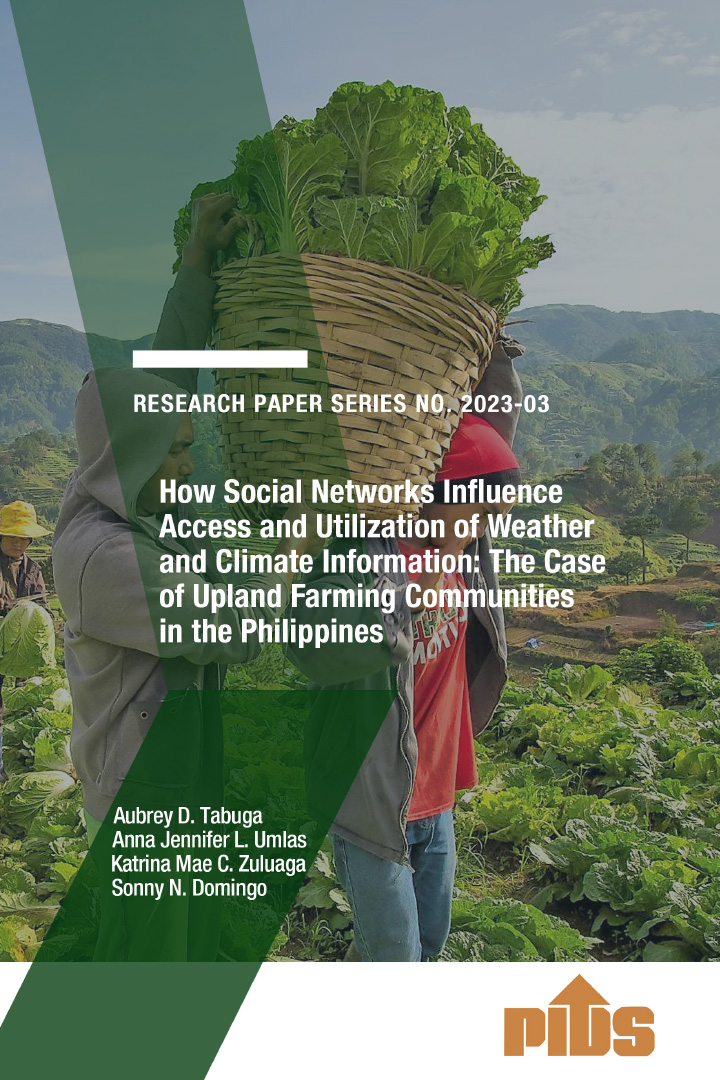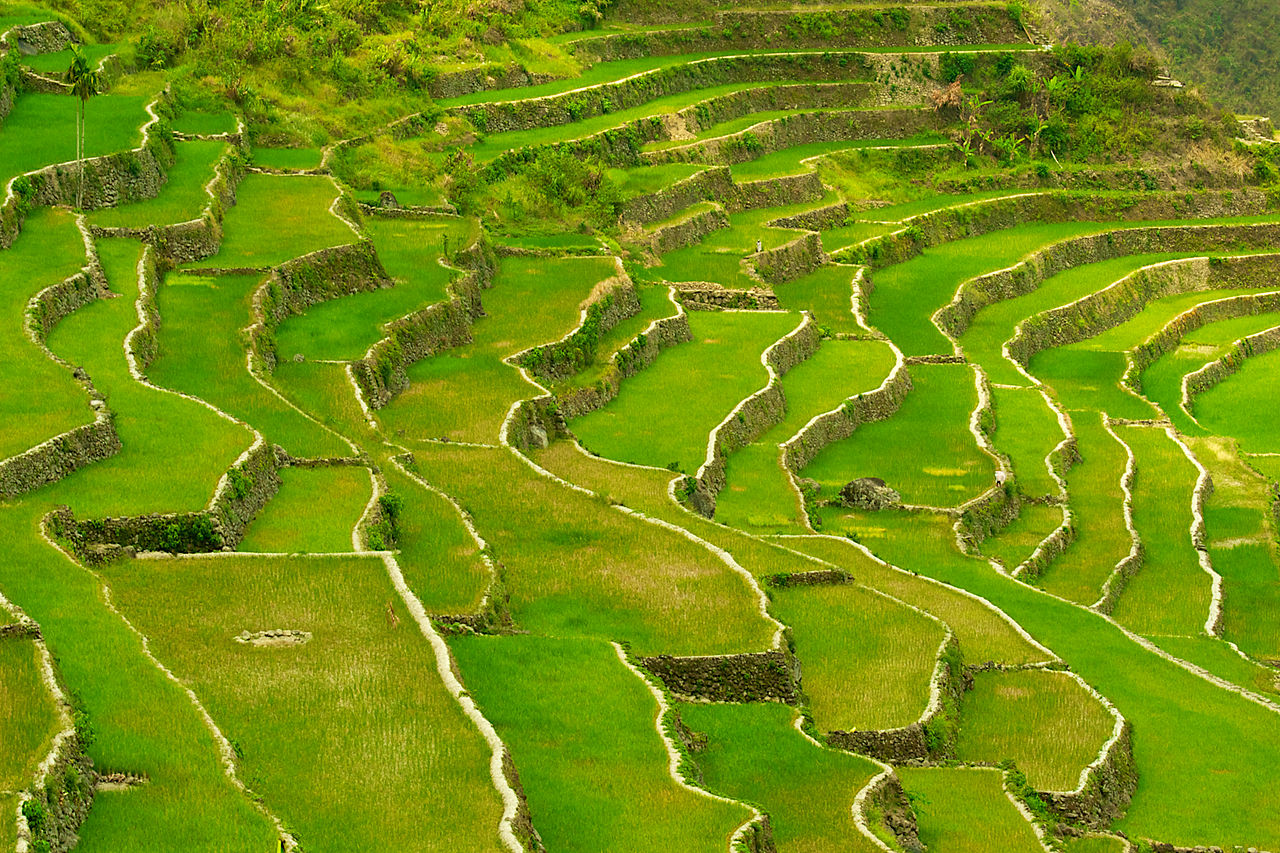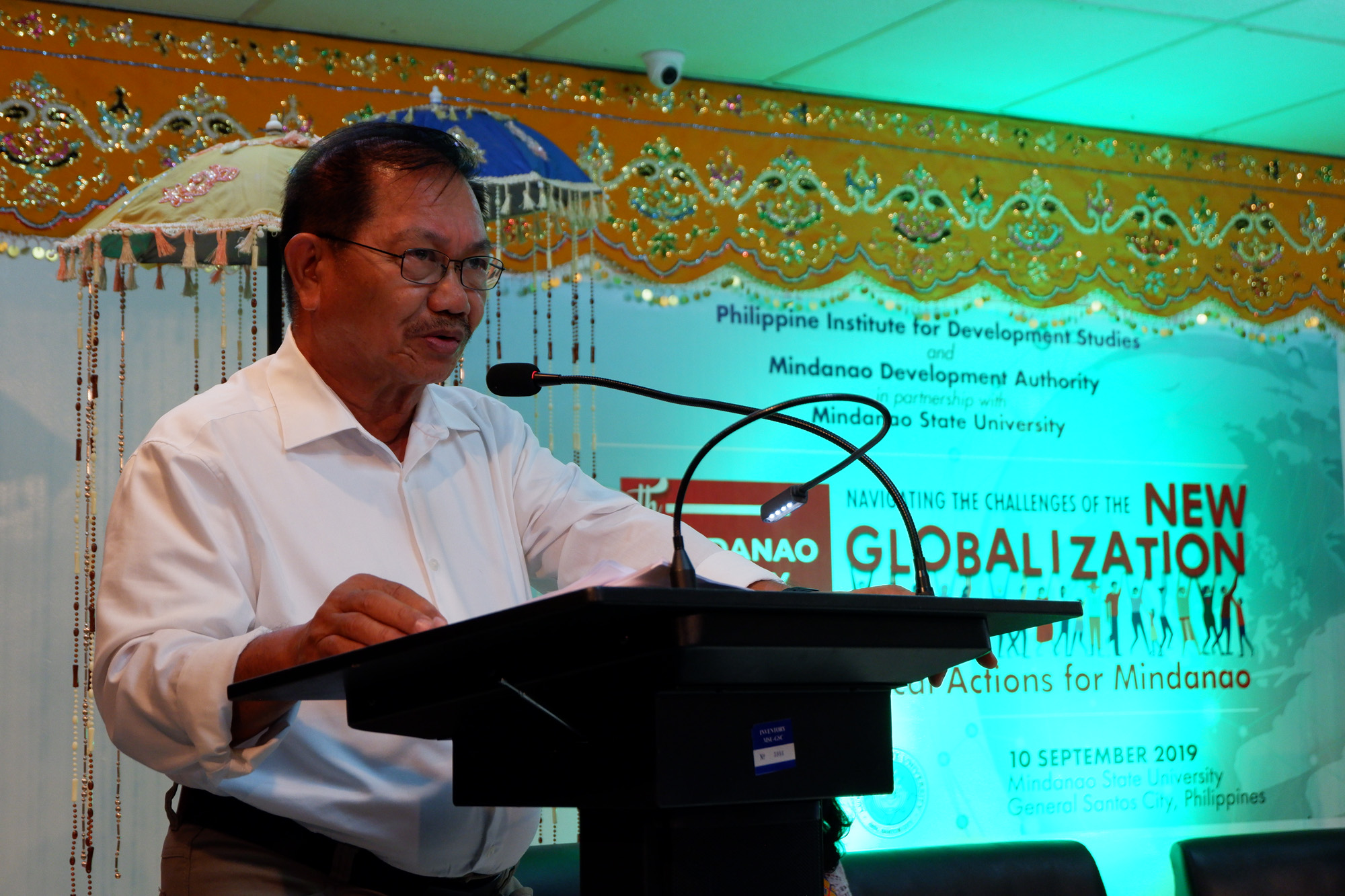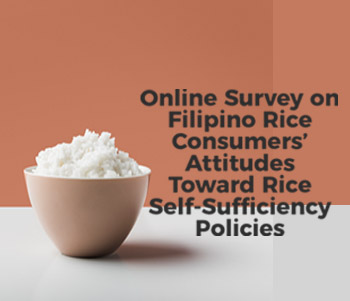AQUINO has a lot of explaining to do.
That is, Jason Laureano Aquino, the administrator of the National Food Authority (NFA) whose refusal to extend permits for private rice imports subject to lower tariffs has been put into question following the expose by the chairman emeritus of The Manila Times, Dr. Dante Ang, on Wednesday.
Aquino, it turns out, signed import permits for Villa Shipping Lines, Inc.; JVV Ex/Import and Kakampi MPC for a total of 5,380 metric tons (MT) on March 13, way beyond the February 28 deadline that he fought hard not to extend. He even justified the stance by saying something to the effect that it would be unfair to the importers who had dutifully complied, to extend the deadline.<
It also turns out Aquino had extended the deadline for rice imports from Pakistan and India, apparently at the instance of the Pakistani ambassador.
Aquino’s actions have put into question his real motivations for refusing to extend the February 28 deadline for private rice imports. Ostensibly, he wanted to protect rice farmers by preventing imported rice from flooding the market.
In so doing, Aquino defied the NFA Council, which, by law, is the grains agency’s highest policymaking body. The council decides on the timing and volume of rice imports; the administrator implements its decisions.
It’s puzzling why Aquino can be so pliant to a request from a foreign envoy yet recalcitrant to his own council, which had unanimously voted to extend rice imports.
Who did Aquino defy the council? The NFA Council is no mere assembly of lowly state bureaucrats; its members include Finance Secretary Sonny Dominguez, a respected businessman before joining the Duterte Cabinet; the eminent economist Ernesto Pernia, the socioeconomic planning secretary; and the governor of the central bank, Amando Tetangco Jr.
Did the NFA Council see through Aquino’s actions? It was no secret that Aquino, while adamant against rice imports, was pushing for a government-to-government (G2G) deal with Vietnam for 250,000 MT.
It’s not so difficult to understand the decision of the council – a collegial body, by the way – to prefer private imports over a G2G deal.
Private importers join a public bidding and bring in rice at no cost to the government. In fact, the government stands to earn from customs duties. It might also be the logical option right now, given rising prices of the staple which, economists warn, could jack up inflation.
A G2G deal meanwhile will add to the state’s debt burden, not to mention that it lacks transparency. Who decides, for instance, on which logistics provider will handle the shipments?
At this point, it seems more prudent to defer to the decisions of the 10-member NFA Council, than to rely on an apparently rogue administrator. If Aquino were the CEO of a private corporation, he would have been sanctioned, if not sacked, for defying his board of directors.
The controversy at the NFA makes reforms at the grains agency more urgent. The state-run think-tank Philippine Institute for Development Studies has for years recommended the “tariffication” of rice and the abolition of the NFA quota, or minimum access volume (MAV), scheme. Under the MAV scheme, the in-quota tariff is 35 percent. Outside of the quota, the tariff is 50 percent, high enough to protect farmers. But it’s also high enough to encourage rice smuggling.<
Why not abolish the quota and just tax all rice imports at 35 percent? That way, there is no more need for import auctions and less incentive for smuggling. Hopefully, there will also be less opportunity for corruption and moneymaking for the cartels.
This is an opportunity for the NFA to return to its original mandate, which is not to import rice, but to buy the produce of local farmers at adequate support prices.
The path to reforming the NFA is clear. As Dr. Ang wrote in his expose, those who don’t seem to get it are either naïve or part of the cabal.
That is, Jason Laureano Aquino, the administrator of the National Food Authority (NFA) whose refusal to extend permits for private rice imports subject to lower tariffs has been put into question following the expose by the chairman emeritus of The Manila Times, Dr. Dante Ang, on Wednesday.
Aquino, it turns out, signed import permits for Villa Shipping Lines, Inc.; JVV Ex/Import and Kakampi MPC for a total of 5,380 metric tons (MT) on March 13, way beyond the February 28 deadline that he fought hard not to extend. He even justified the stance by saying something to the effect that it would be unfair to the importers who had dutifully complied, to extend the deadline.<
It also turns out Aquino had extended the deadline for rice imports from Pakistan and India, apparently at the instance of the Pakistani ambassador.
Aquino’s actions have put into question his real motivations for refusing to extend the February 28 deadline for private rice imports. Ostensibly, he wanted to protect rice farmers by preventing imported rice from flooding the market.
In so doing, Aquino defied the NFA Council, which, by law, is the grains agency’s highest policymaking body. The council decides on the timing and volume of rice imports; the administrator implements its decisions.
It’s puzzling why Aquino can be so pliant to a request from a foreign envoy yet recalcitrant to his own council, which had unanimously voted to extend rice imports.
Who did Aquino defy the council? The NFA Council is no mere assembly of lowly state bureaucrats; its members include Finance Secretary Sonny Dominguez, a respected businessman before joining the Duterte Cabinet; the eminent economist Ernesto Pernia, the socioeconomic planning secretary; and the governor of the central bank, Amando Tetangco Jr.
Did the NFA Council see through Aquino’s actions? It was no secret that Aquino, while adamant against rice imports, was pushing for a government-to-government (G2G) deal with Vietnam for 250,000 MT.
It’s not so difficult to understand the decision of the council – a collegial body, by the way – to prefer private imports over a G2G deal.
Private importers join a public bidding and bring in rice at no cost to the government. In fact, the government stands to earn from customs duties. It might also be the logical option right now, given rising prices of the staple which, economists warn, could jack up inflation.
A G2G deal meanwhile will add to the state’s debt burden, not to mention that it lacks transparency. Who decides, for instance, on which logistics provider will handle the shipments?
At this point, it seems more prudent to defer to the decisions of the 10-member NFA Council, than to rely on an apparently rogue administrator. If Aquino were the CEO of a private corporation, he would have been sanctioned, if not sacked, for defying his board of directors.
The controversy at the NFA makes reforms at the grains agency more urgent. The state-run think-tank Philippine Institute for Development Studies has for years recommended the “tariffication” of rice and the abolition of the NFA quota, or minimum access volume (MAV), scheme. Under the MAV scheme, the in-quota tariff is 35 percent. Outside of the quota, the tariff is 50 percent, high enough to protect farmers. But it’s also high enough to encourage rice smuggling.<
Why not abolish the quota and just tax all rice imports at 35 percent? That way, there is no more need for import auctions and less incentive for smuggling. Hopefully, there will also be less opportunity for corruption and moneymaking for the cartels.
This is an opportunity for the NFA to return to its original mandate, which is not to import rice, but to buy the produce of local farmers at adequate support prices.
The path to reforming the NFA is clear. As Dr. Ang wrote in his expose, those who don’t seem to get it are either naïve or part of the cabal.

